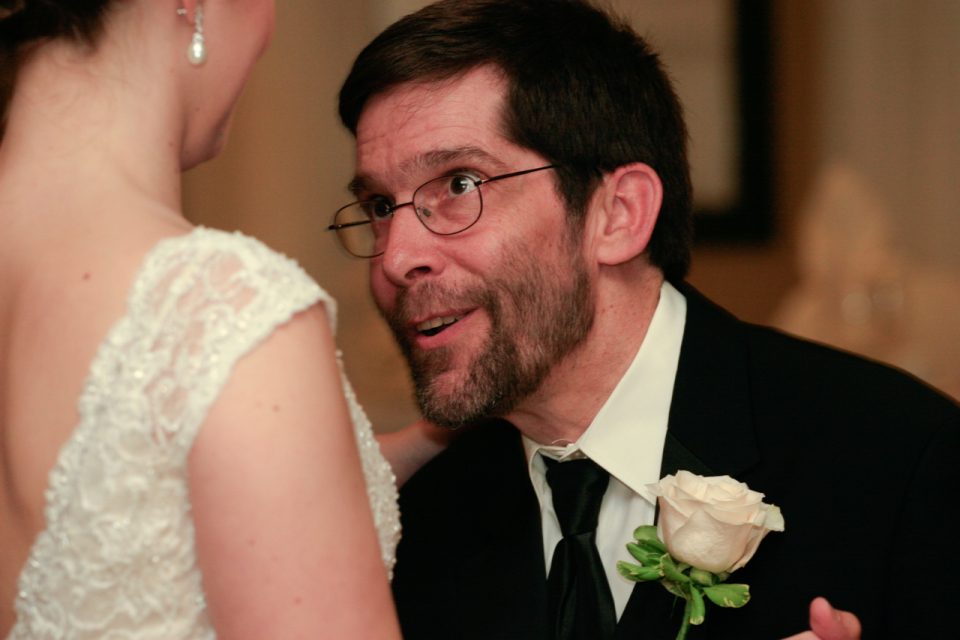And do not get drunk with wine, for that is dissipation, but be filled with the Spirit
Ephesians 5:18 (NASB)
I’ve always resonated with this translation of this verse, even if it’s not the most accurate. The word “dissipate” evokes the image of a cloud of smoke steadily expanding until it has been subsumed into the vastness of the atmosphere around it. It is an evaporation, a wasting of what was once something into nothingness. In the context of the passage, drunkenness can clearly be seen to be a dissipation of the gift of life. Now, the use or non-use of alcohol is one of those taboo topics in many Christian circles. Some, in a pharisaical attempt to avoid transgressing this instruction avoid all alcohol. Others choose to imbibe in moderation. But that’s not what this post is about.
There was a game of “tag” going around on Facebook. Someone posts a particular (potentially outrageous) status. Anyone who “likes” or comments on it is required to post one of the status messages on their wall. I was caught, and posted the subject status. One of my dear friends, who has been instrumental in challenging my works-based perception of value and approval (although I doubt she has a clue how significantly she’s impacted me), got caught but refused to play. She claimed not to have enough time for games on Facebook, although we probably spent as much time talking about it as it would have taken to play. Still, she has drawn a line governing her on-line actions, and I respect that. One thing she said was, “I’ve seen several people post this but no confession is forthcoming.” Well, here it is.
I had an odd dream. A friend and elder in our church was teaching and used a “colorful” word that is common in our society. In my dream, I challenged him on it, and he said, “I’ll deal with it when God speaks to me about it.” I accept that we all have plenty of sin to work on in our lives, and I generally choose not to try to play the Holy Spirit with other people, but this was public and egregious, and Christians just shouldn’t use that word! In my dream, as I tried to make my case on why this needed to be addressed now, I remember saying this line. “If your little devotion doesn’t result in God speaking to you about your life, then it’s a waste of time.” In my dream, the next thing I heard was God saying to me, “And what am I speaking to you?”
The word amuse derives from the old French word muser, meaning to stupify. Also evident are the Latin roots a (not) and muse (to think deeply). In other words, “amuse” is to not think. That’s a pretty fair description of many of our amusements. We may sit in front of the “boob tube” to be entertained (amused) or play “mindless games” on the phone or computer, sometimes as a means of unwinding from a long or stressful day. For the current generation, it’s as likely to be watching the drama and inanity of people’s lives stream by on Facebook, Twitter, or Instagram.
Whatever your chosen amusement, I’m not here to speak against entertainment. No, rather I’m here to confess the dissipation of my life through amusement. I sit down in front of my computer and my favorite pastimes (think about what that means as well) reach out and grab me, immobilizing me and causing the precious hours of my life to evaporate into history, with nothing to show for it.
Periodically, I’ll take a Quixotic tilt at my addiction, typically for Lent or maybe Advent. Or maybe just an ad hoc fast to prove it doesn’t have absolute power over me. However, I can’t hide from what God is speaking to me any more. Nor am I content to watch my life pass like a puff of smoke. I’m not sure what this is going to look like, but I know that it’s time to put away those things that waste my time, and to give myself to more worthwhile pursuits.
What is God speaking to you? Are you even listening? Are you putting yourself in a place where you can hear, or are you trying to hide? Or are you walking in power? As Christians, it is our heritage and right as adopted sons and daughters of the Most High God to live lives victorious over sin. This doesn’t mean that sin is mystically excised from our lives. It means that we get to look it in the face and put a knife through its heart and live in obedience to God, rather than in slavery to our lusts and passions.


